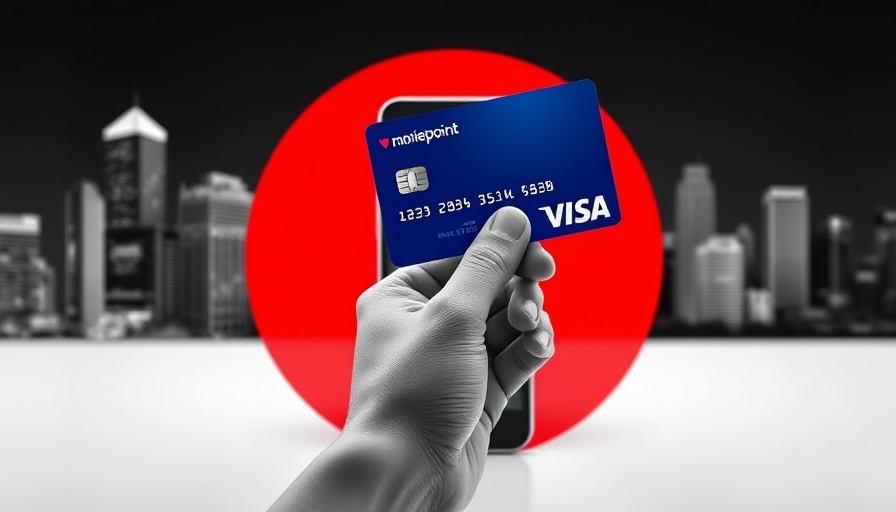
Moniepoint’s Unicorn Round: A Game Changer for Employees
In the world of fintech and startups, success stories are often celebrated, but what happens when those successes translate into tangible rewards for the very employees who contribute to that success? This is the question that arises following Moniepoint's remarkable fundraising round, which raised $110 million and propelled the company to unicorn status in October 2024. This round not only enriched investors but also allowed select employees to cash in on their equity, marking a significant moment in Africa's tech ecosystem.
Empowering Employees Through Equity
Having a stake in a company often fuels dedication and innovation amongst employees. Moniepoint's decision to enable two senior employees to sell part of their shares during this funding round exemplifies this principle. One employee reportedly earned about $850,000 (₦1.3 billion), while another made $20,000, showcasing significant direct benefits from their long-term commitment. This practice of allowing employees to sell their shares is becoming more popular and signifies a shift in how African startups view and utilize equity as a tool for attraction and retention.
The Shift Towards Secondary Sales
Historically rare in Africa, secondary sales of startup shares are gaining traction, especially as many startups remain private for extended periods. This trend reflects a broader global move towards recognizing employee contributions through financial rewards. As Emmanuel Faith, an HR specialist, notes, "Equity is both a way to acquire staff and a means of staff retention." This sentiment echoes across many tech firms, illustrating that such strategies are crucial in the competitive talent landscape.
Why It Matters: Shaping the Future of Work in Africa
The significance of this employee share sale goes beyond individual payouts. It symbolizes a changing workplace culture where employees are increasingly seen as vital stakeholders. As startups like Moniepoint and Arnergy pave the way, we may witness a new era emerging in the African tech landscape—where equity is not just a luxury but a standard part of the employment package. For tech entrepreneurs, investors, and venture capitalists, this shift underscores a critical area of focus when considering investments in African startups.
Take Action and Stay Ahead
As the talent war heats up in Africa’s evolving tech landscape, understanding the intricacies of equity sharing can provide businesses with a competitive edge. Companies looking to attract and retain top talent should consider incorporating similar strategies to ensure their teams are aligned with the company’s success.
 Add Row
Add Row  Add
Add 


Write A Comment